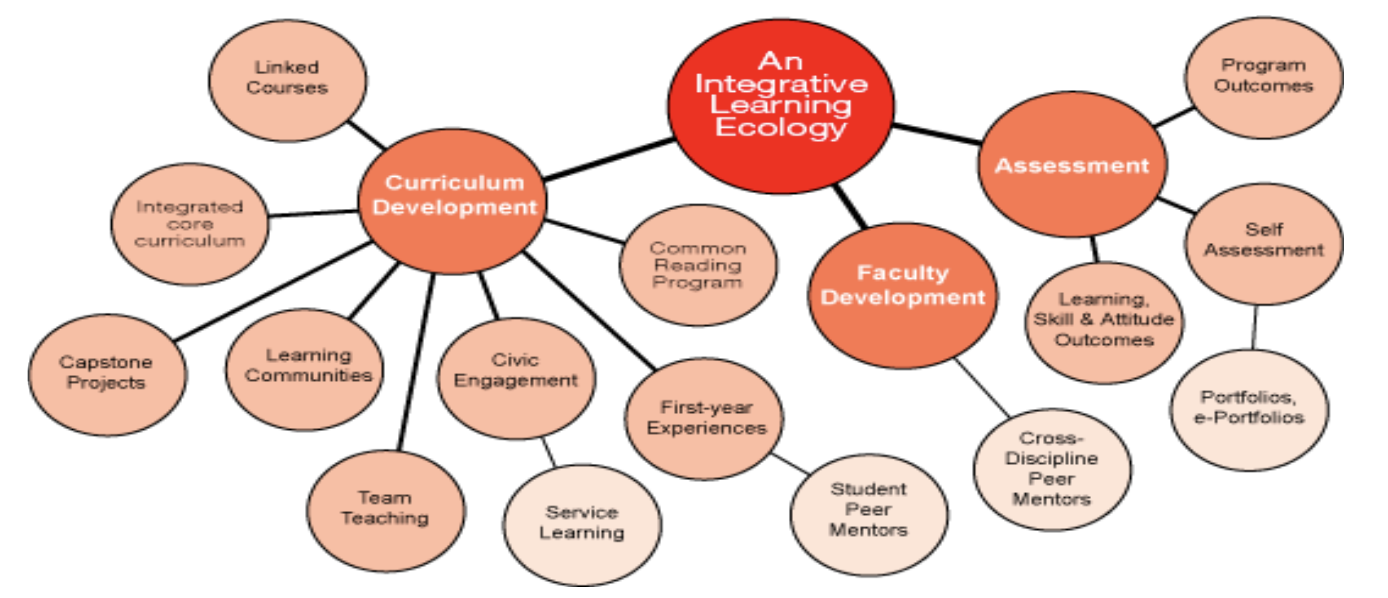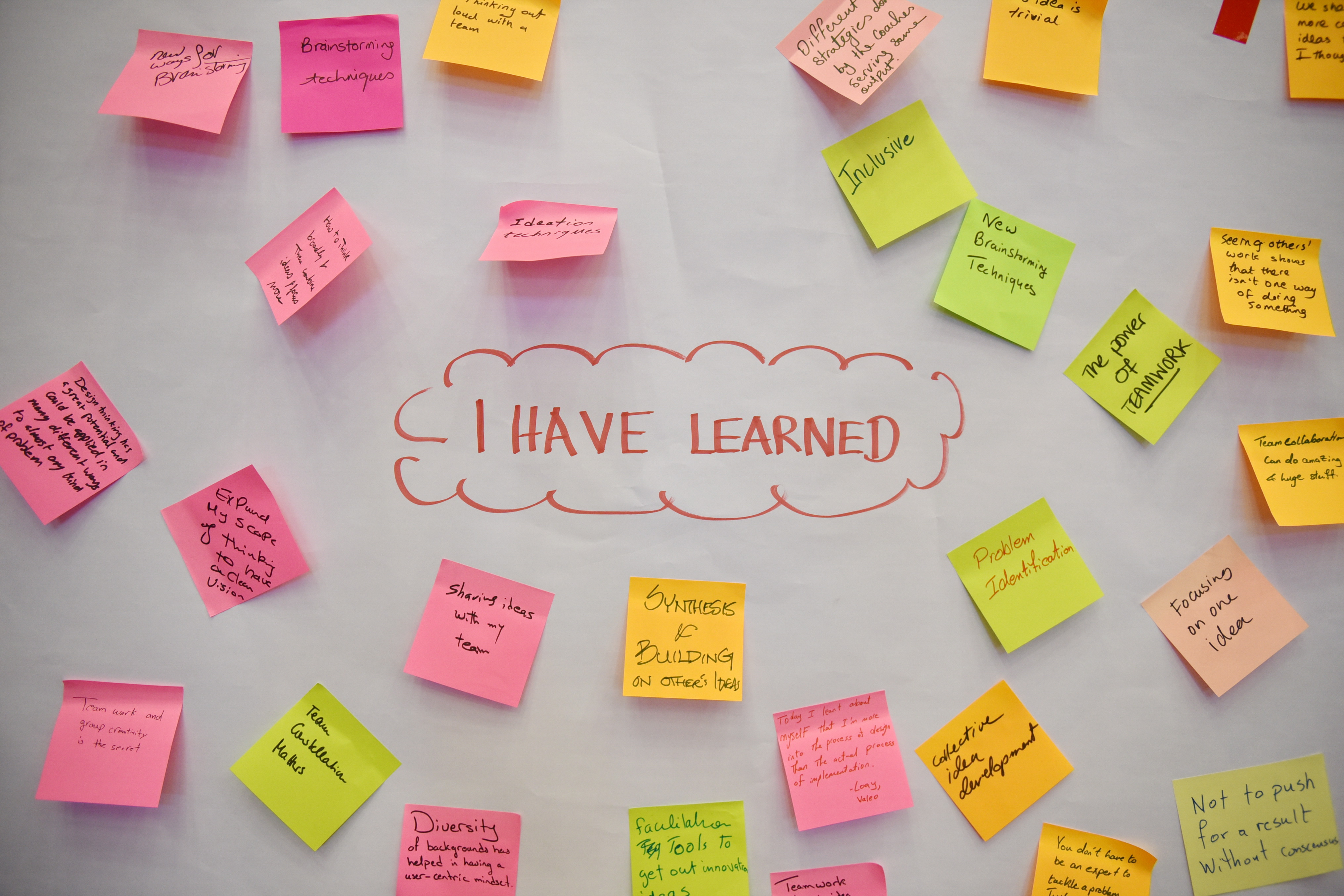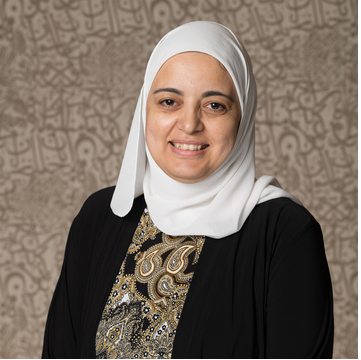Typically, students in liberal arts universities receive their formal education in two discrete parts – their courses of major, which prepare them for their chosen career, and a core curriculum, which introduces them to the liberal arts, widens their world views and cultivates critical inquiry, communication skills and intellectual habits of the mind. While this separation is practical in terms of structural efficiency, concerns about this artificial divide have preoccupied educators for some time, as it implies to students and faculty that liberal education examines abstract or theoretical areas of study, while content related learning is relevant to real world industries and careers. There have been calls for more meaningful integration of learning, to reflect real-world complexities and seamless learning capacities that enable a holistic view of problems to prepare for an uncertain future. The Association of American Colleges and Universities (AAC&U) has championed the cause to raise institutional awareness about the challenges college graduates are facing in the complex 21st century global society. It has called for intentional integration of discipline-based and core curriculum learning, where faculty in the disciplines design learning experiences with an eye on core learning outcomes, while core instruction makes deliberate connections with careers and professions. This will create an integrative learning ecology where all programs, resources and activities support meaningful student learning.

In a 2002 report, Greater Expectations: A New Vision for Learning as a Nation Goes to College, the AAC&U created a heuristic framework of curricular and co-curricular programming in which institutions of higher learning can help students and faculty make connections between areas of study while applying knowledge to new settings that seek to make meaning out of these connections:
Intentional learners are integrative thinkers who can see connections in seemingly disparate information and draw on a wide range of knowledge to make decisions. They adapt the skills learned in one situation to problems encountered in another: in a classroom, the workplace, their communities, or their personal lives. As a result, intentional learners succeed even when instability is the only constant. For intentional learners, intellectual study connects to personal life, formal education [connects] to work, and knowledge to social responsibility. Through understanding the power and implications of education, learners who are intentional consciously choose to act in ethical and responsible ways. (AAC&U, 2002, pp. 21-22).
Integrative learning is, therefore, more than just making connections between different concepts or experiences; it also involves recognizing and evaluating those connections.
Integrative learning is based on several principles. As outlined by Ferren and Paris (2015), it:
- Targets holistic learning outcomes that bring about cognitive, personal and social growth;
- Prepares students for complex real-world problems that do not come in neat discipline-bound packages but span disciplines, skills and cultures;
- Promotes curricular and curricular connections, and uses campus and community as learning spaces;
- Engages students in reflective and evaluative activities with regard to their learning;
- Promotes creative problem-solving and extension of learning to new and unscripted situations through encouraging practice in unfamiliar contexts and exposure to new perspectives; and
- Values diversity of learners, and supports pedagogies that are adaptable to all populations and cultures.
As such, these principles are delivered to students through “high impact pedagogical practices”, such as assignments that encourage deep inquiry and research, writing intensive courses, interdisciplinary perspectives, reflective assignments such as e-portfolios, internships and study abroad experiences, campus events that connect to curricular themes, community-based learning, and student-centered assessment practices. By focusing on the connections and coherence afforded by an institutional integrative approach, these principles allow focus on curriculum design, programmatic assessment, and faculty development, by bringing the student experience to the fore.
Establishing integrative learning on our campus will require a rethinking of curricula, both in the majors and in the Core Curriculum. This will enhance natural connections between content knowledge and the cognitive and communication skills that enable students to maximize the benefits of a liberal arts education while preparing for life in the real world. Major and core requirements can be recast for all stakeholders as complementary elements of an integrated education that supports holistic student growth. Resources to support new curricular visions, high impact practices beyond the freshman level core courses, collaborative learning, and partnerships across campus should be rethought. If such integrated learning can be established, the AUC campus will become a more vibrant ecosystem that supports shared purposes, principles, and connections designed to bring about unprecedented collaborations and synthesis of all aspects of learning.
This article is based on the findings of a delegation of AUC faculty from across the disciplines who participated in the Association of American Colleges and Universities (AAC&U) Institute of Integrative Learning, at Loyola University Chicago in summer 2016.
References
Association of American Colleges and Universities (AAC&U). (2002). Greater Expectations: A New Vision for Learning as a Nation goes to College. National Panel Report. Washington, D.C.: AAC&U.
Ferren, A. S. & Paris, D. C. (2015). Faculty Leadership for Integrative Liberal Learning. Washington, DC: Association of American Colleges and Universities.
Kemp, J. (2006). Integrative Learning Concept Map. Retrieved from:
https://en.wikipedia.org/wiki/File:Integrative_learning_concept_map.gif. From concepts presented in: Huber, M.
T., Hutchings, P., & Gale, R. (2005). Integrative Learning for Liberal Education. Peer Review, Summer/Fall 2005, Vol. 7, No. 3/4.


